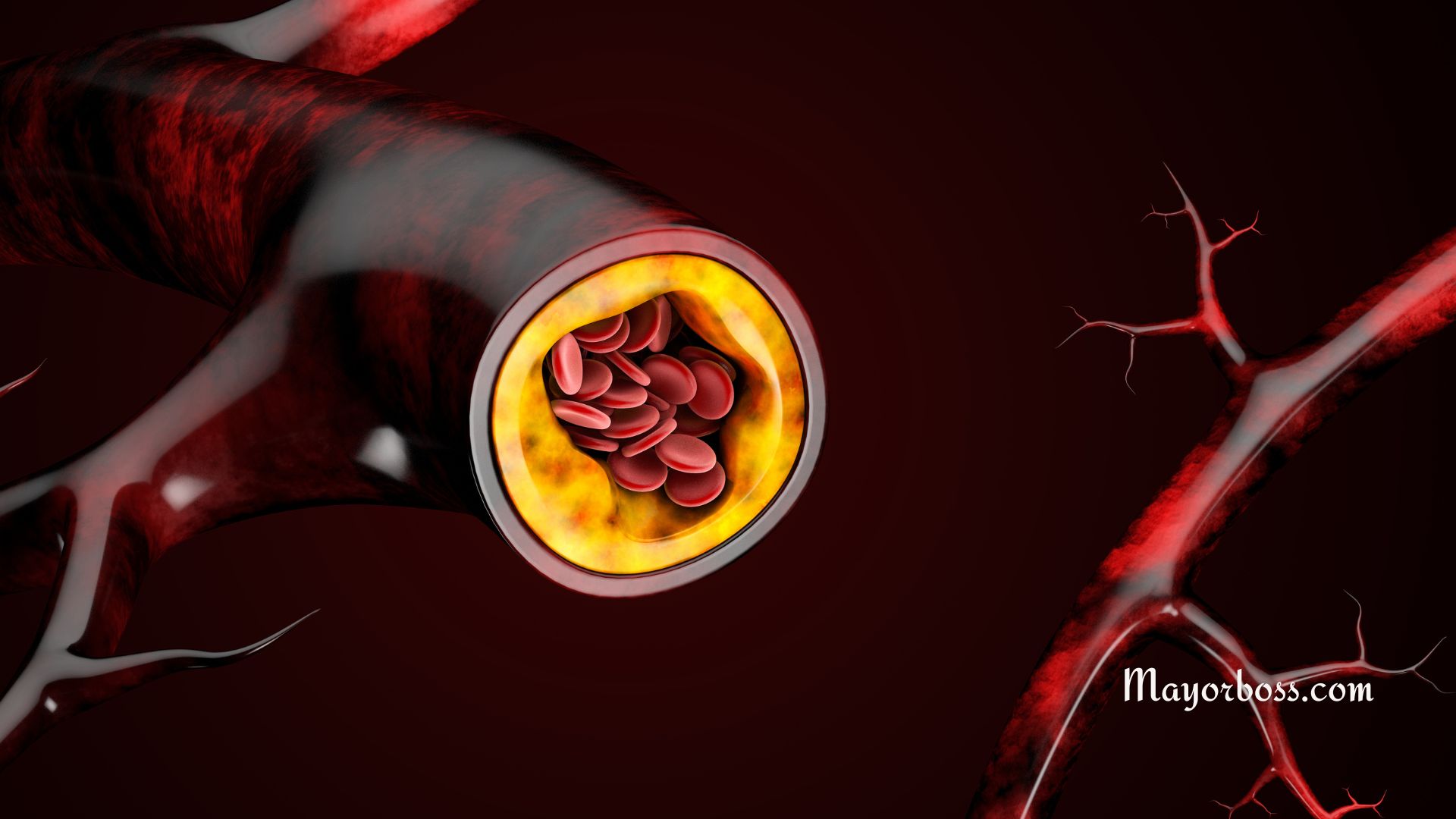5 Common Reasons You Get Tonsil Stones and Simple Ways to Stop Them
Tonsil stones might be small, but they can be surprisingly bothersome. Whether it’s bad breath, discomfort, or a strange sensation at the back of your throat, these little calcium deposits that form in your tonsils can be annoying. According to the American Academy of Family Physicians, “tonsil stones usually fall out on their own without treatment”. But what causes them, and more importantly, how can you stop them from forming in the first place? Scroll through below to find out…

1. Tonsil stones often form due to poor oral hygiene and debris build-up
One of the most common reasons tonsil stones develop is the buildup of food particles, dead cells, and mucus. These materials can get trapped in the small crevices of your tonsils, where they calcify over time. If you’re not brushing and flossing regularly, this build-up becomes even more pronounced.
The best way to stop tonsil stones from forming is by stepping up your oral care routine. Brush your teeth at least twice a day, and don’t forget to floss daily. Also, using an antibacterial mouthwash can help reduce bacteria that contribute to tonsil stone formation. Tongue scrapers are also great for getting rid of bacteria on your tongue that may eventually lead to tonsil stones.
2. Chronic sinus issues can lead to post-nasal drip, which contributes to tonsil stones
If you often deal with allergies or sinus infections, post-nasal drip might be playing a part in your tonsil stone problem. The mucus that constantly drips down the back of your throat can get stuck in your tonsils, creating the perfect environment for stones to form.
Dealing with your sinus problems is a key factor in preventing tonsil stones. Use a saline nasal spray or sinus rinse to clear out excess mucus. For chronic sinus issues, talk to your doctor about long-term treatments like antihistamines or even surgery in severe cases. Keeping allergies and sinus problems under control can stop mucus from building up in your throat.
3. Large tonsils or deep tonsillar crypts increase your chances of getting tonsil stones
If you naturally have large tonsils or deep tonsillar crypts (the tiny pockets in your tonsils), you’re more prone to developing tonsil stones. These crypts make it easy for bacteria, food particles, and mucus to get trapped and calcify into stones. While some people are more genetically predisposed to this issue, there are still ways to manage it.
Gargling with salt water or a mouthwash can help loosen trapped debris from your tonsils, making it harder for stones to form. Staying hydrated is also important, as dry mouth can make it easier for particles to get stuck. Sipping water throughout the day keeps everything flowing and flushes out any trapped particles before they have a chance to calcify.
4. Chronic infections and inflammation in your tonsils can lead to stone formation
Chronic tonsillitis or recurring throat infections can leave your tonsils inflamed, which in turn can make it easier for tonsil stones to develop. When your tonsils are swollen or damaged, they have a harder time clearing out debris, and the inflammation creates a more conducive environment for stones to form.
If you’re dealing with chronic tonsil infections, it’s important to get them treated early. Talk to your doctor about the best ways to manage these infections, whether it’s antibiotics or other treatments. In severe cases, your doctor might recommend a tonsillectomy (removal of your tonsils), which will eliminate the problem altogether.
5. Smoking and dry mouth contribute to tonsil stones by drying out the throat
Smoking can dry out your throat and mouth, making it easier for debris to get stuck in your tonsils and harder for your body to naturally flush it out. Dry mouth, in general, is another big factor in tonsil stone formation because saliva helps cleanse the mouth and remove debris. Without enough moisture, particles are more likely to get trapped.
If you smoke, quitting is one of the best things you can do to prevent tonsil stones and improve your overall health. In addition, make sure you stay hydrated by drinking plenty of water daily. If dry mouth is a persistent issue, you might want to talk to your doctor about possible underlying causes or treatments like saliva substitutes.
The Bottom Line
Tonsil stones are often a byproduct of underlying issues like poor oral hygiene, sinus problems, or inflammation in the tonsils. By handling these root causes, you can significantly decrease the chances of developing tonsil stones. Simple lifestyle changes like improving oral hygiene, staying hydrated, and managing sinus issues go a long way. However, if tonsil stones persist despite these measures, talk to your doctor about other options, including tonsillectomy.






